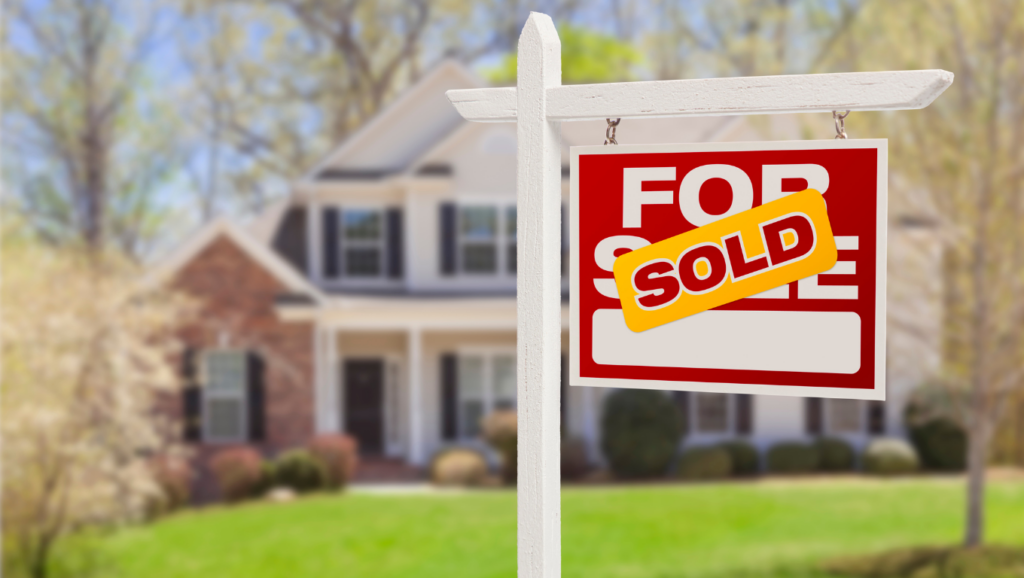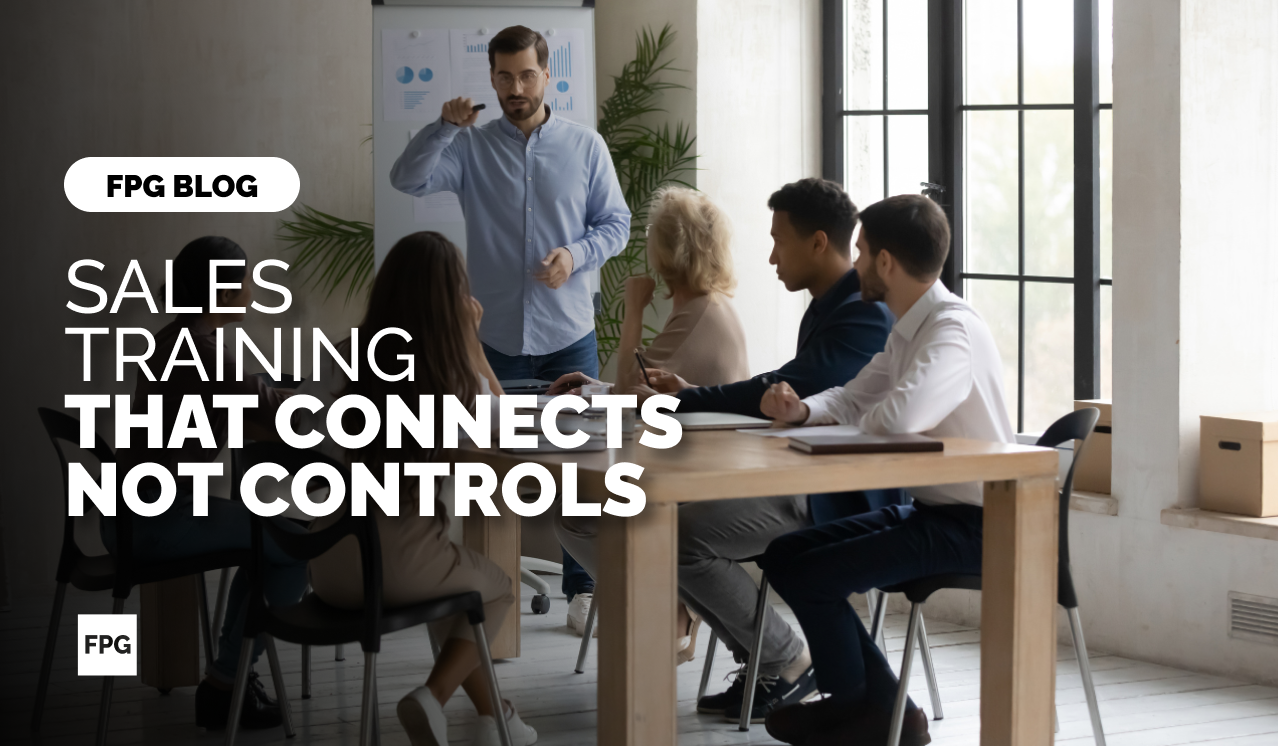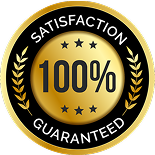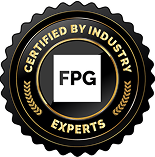Home improvement sales training is a critical yet often misunderstood aspect of the sales profession. Despite significant investment in training programs, many fail to yield the desired results. This deep dive into in-home sales training uncovers why many programs fall short and offer strategies to ensure success.
Table of Contents
- The Distinctive World of Home Improvement Sales Training
- Common Shortcomings in Home Improvement Sales Training
- Strategies to Enhance In-Home Sales Training
- Q&A Section: Home Improvement Sales Training
- What is the most effective in-home sales training method?
- How important is emotional intelligence in in-home sales training?
- Can technology enhance in-home sales training?
- How does continuous coaching impact in-home sales training?
- What is the role of feedback in in-home sales training?
- How do you measure the success of in-home sales training programs?
- What are the biggest challenges in in-home sales training?
- How often should in-home sales training programs be updated?
- Are there specific soft skills that are crucial for in-home services sales success?
- How does individualized training impact in-home sales training outcomes?
- Elevating Success with Home Improvement Sales Training
- Mastering the Role of a Home Improvement Sales Rep
- Conclusion
The Distinctive World of Home Improvement Sales Training
In-home sales are unique. Sales representatives step into the personal domain of clients, requiring not just product knowledge but also a profound understanding of interpersonal dynamics. Also, this form of sales calls for a nuanced approach to training, one that goes beyond the traditional methods.
Common Shortcomings in Home Improvement Sales Training
- Surface-Level Training: Many programs barely scratch the surface, focusing on basic sales tactics without addressing the specificities of the home service business environment. This oversight leaves sales representatives underprepared for the unique challenges they face.
- Overlooking Individual Learning Styles: People assimilate information differently. Further, some might excel through visual aids, while others prefer hands-on experience. Ignoring these differences can render a training program ineffective.
- The Psychological Dimension: Selling in someone’s home involves understanding their mindset and emotional state. Sales training often neglects this psychological aspect, focusing solely on closing techniques and product features.
- Insufficient Post-Training Support: The absence of ongoing coaching and reinforcement post-training is a significant barrier to the effective application of learned skills.
- Resistance to Adaptation: Both trainers and trainees sometimes resist new methodologies, clinging to outdated practices that are less effective in the dynamic in-home sales environment.

Strategies to Enhance In-Home Sales Training
- Prioritizing Experiential Learning: Theory alone is not enough. Incorporating role-playing, real-world scenarios, and mentorship opportunities can bridge the gap between knowledge and practice.
- Customized Learning Approaches: Catering to diverse learning styles ensures that every sales representative can fully benefit from the training. This might involve a mix of visual, auditory, and kinesthetic learning methods.
- Emphasis on Psychological Skills: Training should include modules on reading body language, building trust, and understanding client psychology, which are crucial in the personal setting of a client’s home.
- Continuous Coaching and Reinforcement: Reinforcement of skills through ongoing coaching and refresher sessions is vital for the long-term retention and application of training.
- Encouraging Innovation and Flexibility: Cultivating an environment that welcomes new ideas and approaches can enhance the effectiveness of in-home sales strategies.
- Cultivating a Growth Mindset: Encouraging sales representatives to view challenges as opportunities for growth can lead to continuous improvement and adaptation.
- Active Leadership Involvement: Leaders should play an active role in the training process, setting an example and demonstrating the practices they expect from their team.
- Customer-Centric Training: Focusing on understanding and fulfilling the customer’s needs ensures that sales strategies are tailored to actual client expectations.
- Leveraging Technology: Using advanced technology, such as CRM systems and virtual simulations, can enrich the training experience and prepare sales reps for the modern sales landscape.
- Fostering a Feedback Culture: Creating an environment where feedback is encouraged and valued can lead to continuous improvement in training methods and sales techniques.
Q&A Section: Home Improvement Sales Training
What is the most effective in-home sales training method?
The most effective method is a holistic approach that combines theoretical knowledge with practical, real-world application. This includes experiential learning through role-playing, simulations, and shadowing experienced sales professionals, along with continuous coaching and mentorship. In addition, it’s crucial to adapt training to individual learning styles and to regularly update content to stay aligned with market trends.
How important is emotional intelligence in in-home sales training?
Emotional intelligence is crucial in in-home sales training. It involves understanding and managing one’s own emotions and empathizing with clients. Also, emotional intelligence skills help in building rapport, establishing trust, and effectively navigating the nuances of home service business selling environments.
Can technology enhance in-home sales training?
Yes, technology plays a significant role in enhancing in-home sales training. Virtual reality simulations, interactive e-learning platforms, and CRM software can provide immersive learning experiences and valuable data-driven insights to improve training effectiveness.

How does continuous coaching impact in-home sales training?
Continuous coaching ensures that the skills and strategies learned during training are reinforced and updated over time. It helps sales professionals to adapt to new challenges, refine their techniques, and stay motivated. Moreover, ongoing coaching is essential for long-term skill retention and performance improvement.
What is the role of feedback in in-home sales training?
Feedback is vital for continuous improvement in in-home sales training. It helps trainers to understand the effectiveness of their methods and make necessary adjustments. For sales professionals, constructive feedback provides insights into their performance, highlighting areas of strength and opportunities for growth.
How do you measure the success of in-home sales training programs?
The success of in-home sales training programs can be measured through various metrics such as improved sales performance, customer satisfaction rates, and sales representative retention rates. Regular assessments and feedback from both sales professionals and clients are also important in evaluating the impact of the training.
What are the biggest challenges in in-home sales training?
Navigating challenges in in-home sales training involves adapting to diverse learning styles, ensuring the practical application of theoretical knowledge, and staying abreast of the latest market trends and consumer behaviors. These hurdles encompass personalized instruction, real-world application, and staying current with the dynamic sales landscape. Furthermore, overcoming resistance to new techniques and maintaining continuous engagement are also significant challenges.
How often should in-home sales training programs be updated?
To remain aligned with the ever-changing dynamics of the market, in-home sales training programs should be regularly updated. This involves reflecting on current market trends, incorporating technological advancements, and adapting to evolving consumer behaviors. Ideally, conducting a thorough review and updating the training content annually or bi-annually can ensure its sustained relevance and effectiveness.
Are there specific soft skills that are crucial for in-home services sales success?
Yes, certain soft skills are crucial, including active listening, empathy, effective communication, adaptability, and problem-solving. Also, these skills help sales professionals to better understand and meet the needs of their clients, creating a more personalized and successful sales experience.
How does individualized training impact in-home sales training outcomes?
Individualized training acknowledges that each sales representative has unique strengths, weaknesses, and learning preferences. Besides, tailoring the training to these individual needs can greatly enhance learning efficiency, engagement, and the overall effectiveness of the training program.

Elevating Success with Home Improvement Sales Training
Effective home improvement sales training transforms average salespeople into industry leaders. Indeed, it’s the bridge to mastering sales nuances. Initially, the training equips individuals with essential product knowledge. Furthermore, it sharpens negotiation skills, crucial for closing deals. This comprehensive approach ensures sales reps can confidently navigate customer interactions.
Additionally, home improvement sales training delves into understanding client needs. It also emphasizes the importance of personalized solutions. Consequently, trained professionals excel at offering tailored advice. Moreover, they become adept at overcoming objections. Ultimately, this training is pivotal for those aspiring to excel in the competitive home improvement market.
Mastering the Role of a Home Improvement Sales Rep
Becoming a top-notch home improvement sales rep requires more than just understanding products and services. Indeed, it demands a blend of skills and insights. Firstly, it’s essential for a sales rep to deeply grasp customer needs. This knowledge allows for tailored solutions, enhancing customer satisfaction. Additionally, effective communication is crucial. By clearly explaining options, a home improvement sales rep can build trust and rapport.
Moreover, learning to navigate objections is key for any home improvement sales rep. Transitioning smoothly through challenges demonstrates expertise and reliability. Furthermore, mastering follow-up strategies ensures ongoing relationships with clients. Thus, continuous learning and adaptation are indispensable in this evolving industry. In essence, success in this role hinges on dedication, skillful communication, and a customer-centric approach.
Conclusion
Lastly, effective in-home sales training is a complex but achievable goal. It requires an understanding of not just the product but the client and the distinctive dynamics of home sales. These programs can achieve excellence through a multi-faceted approach. Emphasize experiential learning, cater to diverse learning styles, and focus on the psychological aspects of sales. Provide ongoing support, embrace change, foster a growth mindset, and involve leadership. Adopt a customer-centric approach, leverage technology, and encourage feedback for a transformation from mediocre to exceptional.
In-home sales are more than just transactional; it’s about creating lasting relationships, understanding clients’ needs, and offering solutions that genuinely enhance their lives. What’s more, as we refine our training approaches with these principles, we elevate not only our sales success but also the integrity and esteem of our profession.
Elevate Your Sales Skills with the Warrior Selling Program
Embark on a journey to enhance your in-home sales skills with the Warrior Selling Program. Designed to provide deep insights and practical strategies, this program is tailored for those committed to excellence in sales. For more details and to take the first step towards transforming your sales approach, visit here. Join us and redefine your sales potential. Connect with us today.
Need More Sales? We Can Help You Hire, Train, And Lead Your Salespeople!
Stop feeling the frustration or even disappointment of having to lower your sales forecast or your prices, and instead, start taking the market share that you deserve. Unleash your sales performance with our lead generation, sales recruiting, training, and fractional sales leadership for Homebuilding, B2B, and B2C salespeople and sales leadership. Book a Meeting today!











